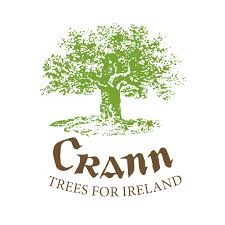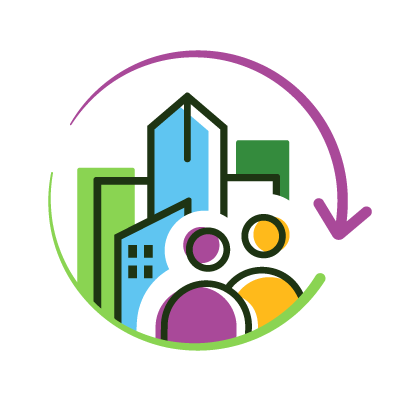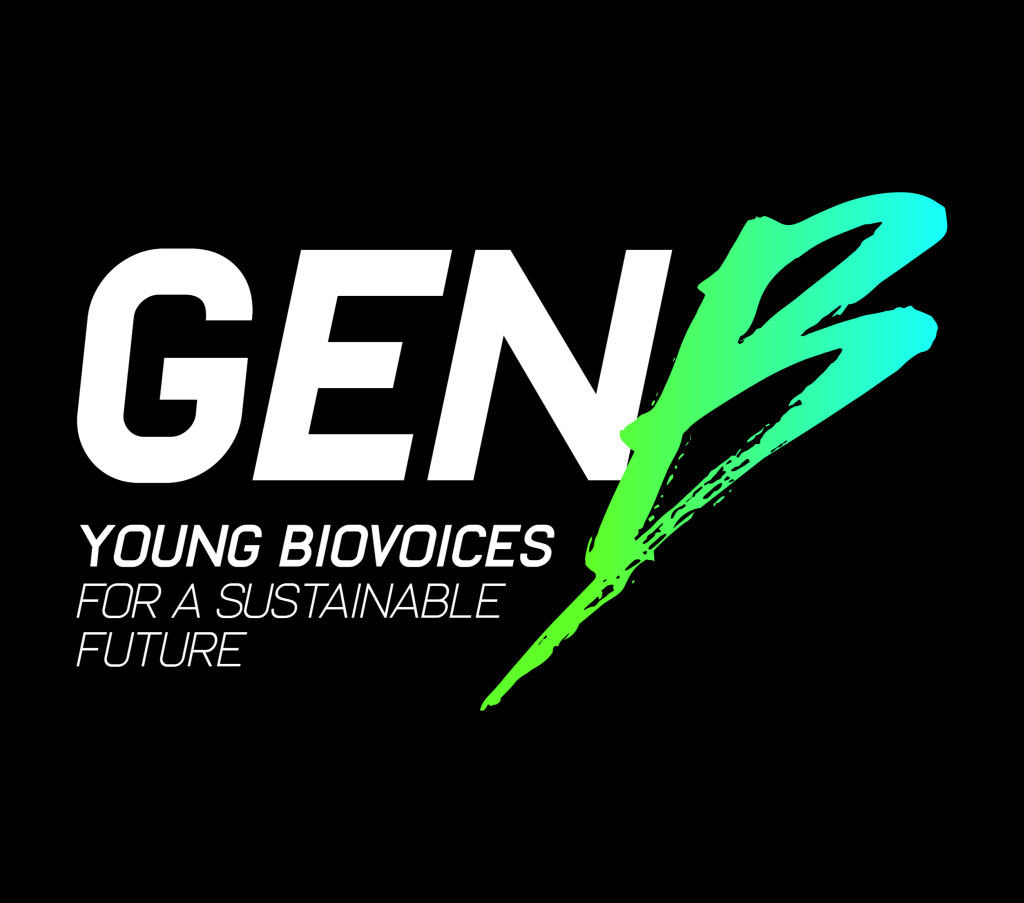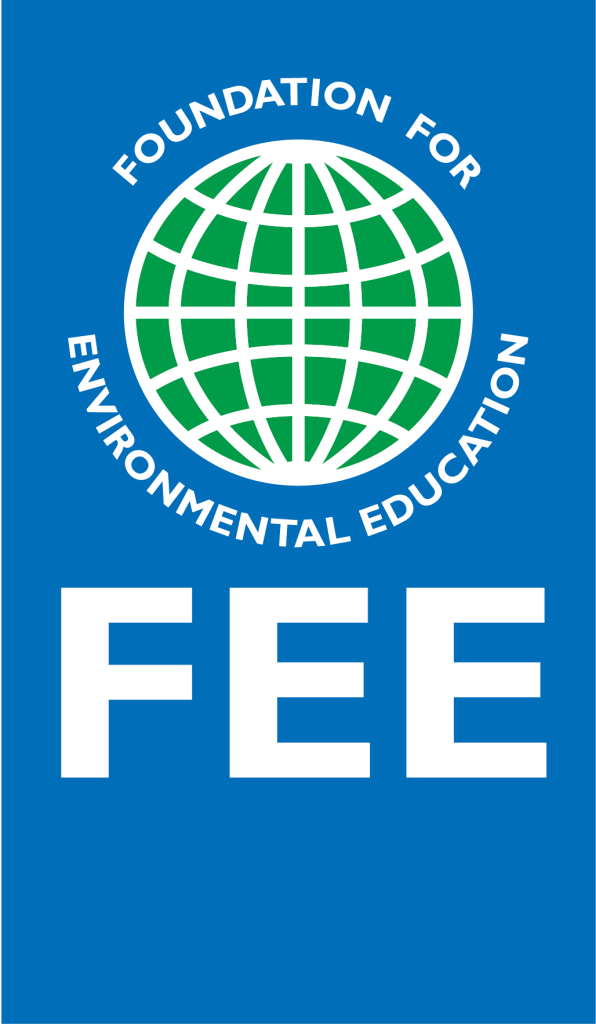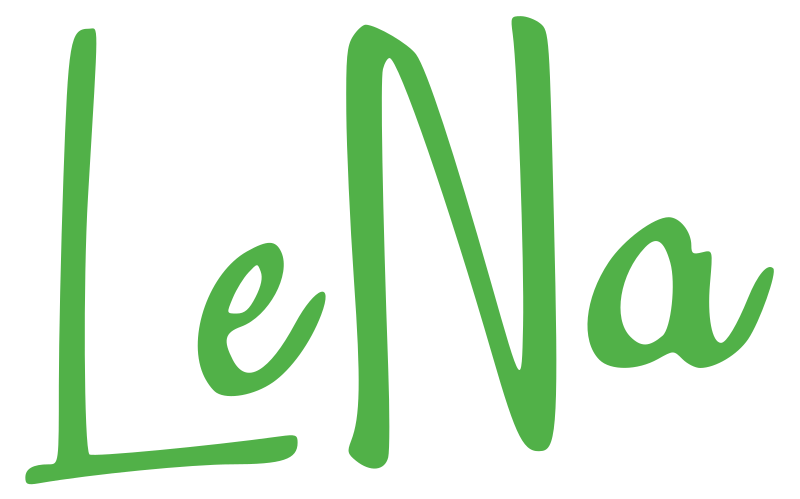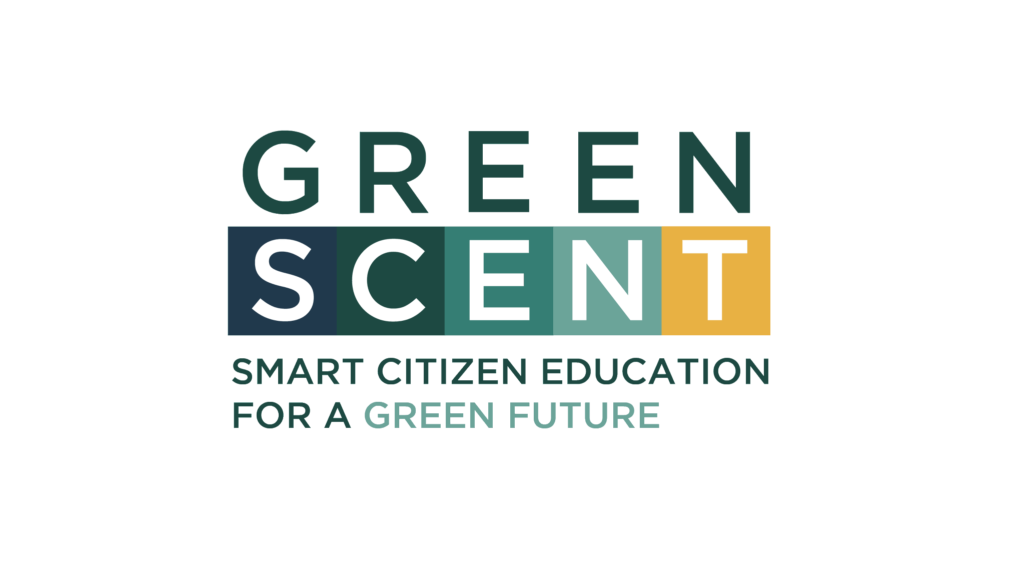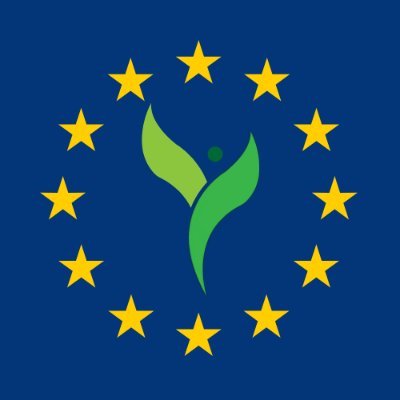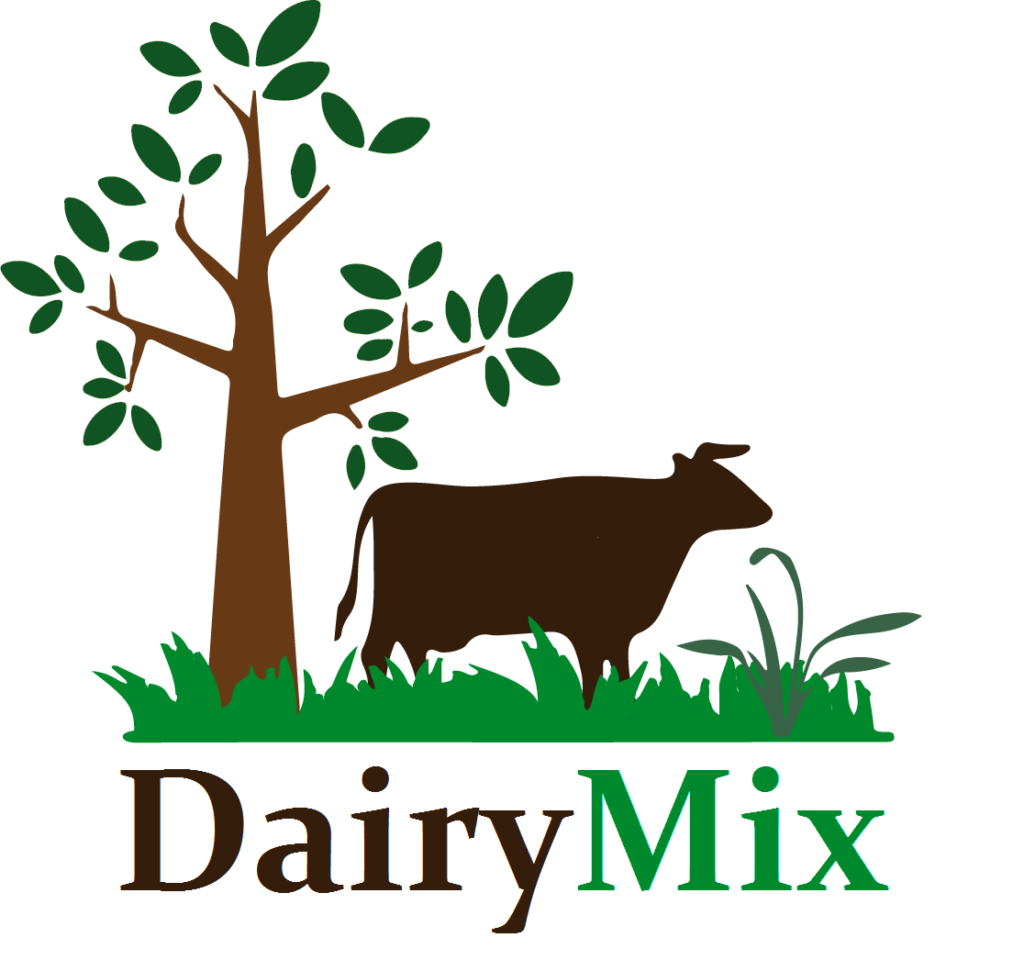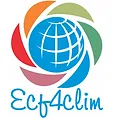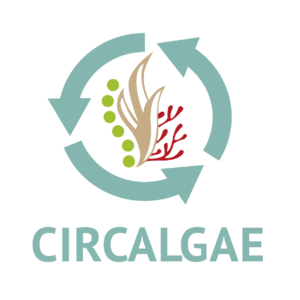BioBeo Collaboration
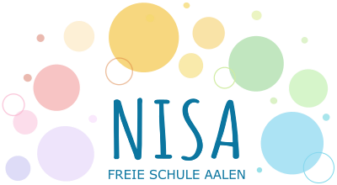
NISA Freie Schule Aalen
NISA is a new free school that focusses on circular literacy and Bioeconomy, with a special focus on STEM. The Bioeconomy Office at the University of Hohenheim is collaborating with NISA School to develop a school curriculum that introduces primary school pupils to the fundamental principles of the circular economy. The aim is to give students an early understanding of cycles and resource-efficient behaviour. NISA will use the teaching materials on the bioeconomy developed as part of the BioBeo EU project. These materials can be found here: https://www.biobeo.eu/education-programme/. Particular importance will be given to the sustainable and socially equitable implementation of the project content, with the aim of embedding the concept of thinking and acting in cycles in education.
Crann ‘Trees for Ireland’
Crann ‘Trees for Ireland’ was formed in 1986 by Jan Alexander, with the aim of “Releafing Ireland”. Crann is Ireland’s leading voluntary tree organisation dedicated to the promotion and protection of our trees, hedgerows and woodlands. It is a membership-based, non profit registered charity (CHY13698) uniting people with a love of trees. Crann is now probably best known for its high quality Crann magazine and for the Crann ‘Tidy Towns Assist Programme’ and the numerous school visits we provide through the Crann ‘Bring a Tree to School’ Programme.
CircularCityChallenge
GenB
Launched in November 2022, GenB is a 30-month project focused on bioeconomy and funded by the EU Horizon Europe research & innovation programme. The aim of the project is to raise awareness on Bioeconomy building on communication and education that encourage and reward young BIOVOICES to take a role in steering the transition towards more sustainable lifestyles. The project will therefore involve young people with the overall objective of inspiring and encouraging future generations to demonstrate awareness, sensitivity, and interest in environmental issues, sustainability, and circularity.
Foundation for Environmental Education
The Foundation for Environmental Education (FEE) is one of the world’s largest Education for Sustainable Development (ESD) organisations, with over 100 member organisations in 80 countries. With a network of over 60,000 educational institutions, the Eco-Schools, Learning About Forests and Young Reporters for the Environment programmes empower young people to create an environmentally conscious world through experiential, project-based learning. The Green Key and Blue Flag programmes are globally recognized for promoting sustainable business practices and the protection of natural resources.
Die Lebendige Naturschule (LeNa) Göppingen
GreenSCENT
Bioeconomy Youth Ambassadors
The European Commission (RTD Bieconomy) launched on July 2022, the EU Bioeconomy Youth Ambassadors program selecting 15 young Europeans to promote awareness about the Bioeconomy.
The Ambassadors are between 18 and 32 years old, representing 11 nationalities and living in 12 different Member States from all areas of the EU. They have expertise in various fields related to bioeconomy food systems, forestry, blue bioeconomy, bio-based industry, science communication and activism.
Their mission is to educate, act, and engage stakeholders on the role of bioeconomy to tackle the climate crisis and protect nature.
DairyMix
LOWINFOOD
NeoGiANT
CIRCALGAE
The CIRCALGAE project, funded by Horizon Europe, aims to valorize the algae waste streams from existing algae farms in Europe.
CIRCALGAE is interested in the most relevant macro- and microalgae biomass exploited in a sustainable way (change of cultivation parameters, taking into account seasonality or specificity of the cultivation region in different algae species).
By integrating all relevant players and the stakeholders, the project aims to build a viable economic model and propose new products adapted to the market.

